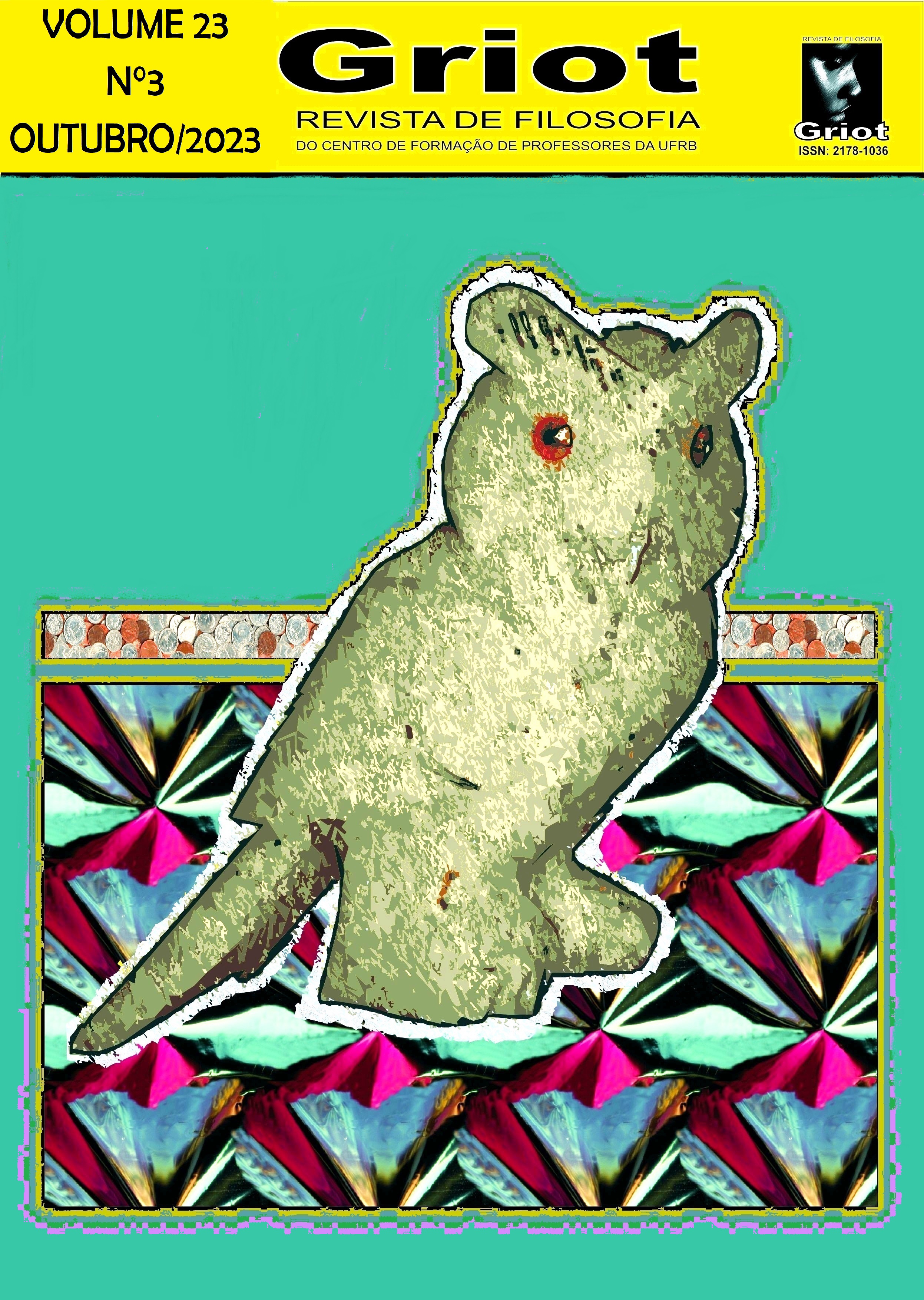The difference between generation and acceptance of scientific theories: an issue to inference to the best explanation
DOI:
https://doi.org/10.31977/grirfi.v23i3.3548Keywords:
Inference to the Best Explanation; Abduction; Peter Lipton; Acceptance.Abstract
The Charles Peirce’s abduction argument, or abductive reasoning, was frequently identified in Philosophy of Science’s literature with Gilbert Harman’s inference to the best explanation (IBE). Although very common, that identification was clarified as a mistake, since, while abduction describes a generative process of theories, IBE does a selective process of rival theoretical alternatives. However, Peter Lipton, seeking to develop IBE, introduced a structure quite similar to peircian abduction in order to provide a model that would describe both the processes of generation and selection of theories. The purpose of this paper is to show that the two different conceptions of IBE (Harman's and Lipton's) entail different conceptions of the very notion of acceptance: while Harman views acceptance as a final evaluative step, Lipton places that within of the process of generating a scientific production.
Downloads
References
BARNES, E. Inference to the Loveliest Explanation. Synthese, Berlim, v. 103, n. 2, 251-277, 1995.
BIRD, A. Inferência da única explicação. Cognitio, São Paulo, v. 15, n. 2, 375-384, 2014.
BOWLER, P. The Mendelian Revolution. Baltimore: Johns Hopkins University Press, 1989.
CAMPOS, D. On the distinction between Peirce’s abduction and Lipton’s Inference to the best explanation. Synthese, Berlim, v. 180, n. 3, 419-442, 2011.
CAPONI, G. La Segunda Agenda Darwiniana. Cidade do México: Centro de Estudios Filosóficos, Políticos y Sociales Vicente Lombardo Toledano, 2011.
COLLINS, H. The Seven Sexes: A Study in the Sociology of a Phenomenon, or the Replication of Experiments in Physics. Sociology, Newbary Park, v. 9, 205-224, 1975.
HARMAN, G. Inferência da Melhor Explicação. Dissertatio, Pelotas, v. 47, 325-332, 2018.
KITCHER, P. The Advancement of Science. Oxford: Oxford University Press, 1993.
LATOUR, B. Ciência em ação. São Paulo: UNESP, 2000.
LIPTON, P. Inference to the Best Explanation. 2 ed. London: Routledge, 2004.
MAYR, E. O Desenvolvimento do pensamento biológico. Brasília: UNB, 1998.
MUSGRAVE, A. The Ultimate Argument for Scientific Realism. In: Relativism and Realism in Science. Australasian Studies in History and Philosophy of Science, vol 6. Nola, R. (ed). Dordrecht: Springer, 1988. 229-252.
NULAND, S. A peste dos médicos. São Paulo: Companhia das Letras, 2005.
PEIRCE, C. Collected Papers, (volumes 1 - 6, ed. by C. Hartshorne and P. Weiss; 7 - 8, ed. by A. Burks.) Cambridge, MA: Harvard University Press (Abreviado CP).
PEIRCE, C. The essential Peirce: Selected philosophical writings 2. Indianapolis: Indiana University Press (Abreviado EP2), 1998.
PSILLOS, S. Scientific Realism: how science tracks truth. New York: Routledge, 1999.
PSILLOS, S. Sobre a crítica de van Fraassen ao raciocínio abdutivo. Crítica, Londrina, v. 6, n. 21, 35-62, 2000.
STANFORD, K. Exceeding our Grasp. Oxford: Oxford University Press, 2006.
THAGARD, P. A melhor explicação: critérios para a escolha de teorias. Cognitio, São Paulo, v. 18, n. 1, 145-160, 2017.
Downloads
Published
How to Cite
Issue
Section
License
Copyright (c) 2023 Gabriel Chiarotti Sardi, Marcos Rodrigues da Silva

This work is licensed under a Creative Commons Attribution 4.0 International License.
The authors who publish in Griot: Revista de Filosofia maintain the copyright and grant the magazine the right of first publication, with the work simultaneously licensed under the Creative Commons Attribution 4.0 International License, allowing sharing and adaptation, even for commercial purposes, with due recognition of authorship and initial publication in this journal. Read more...









































































